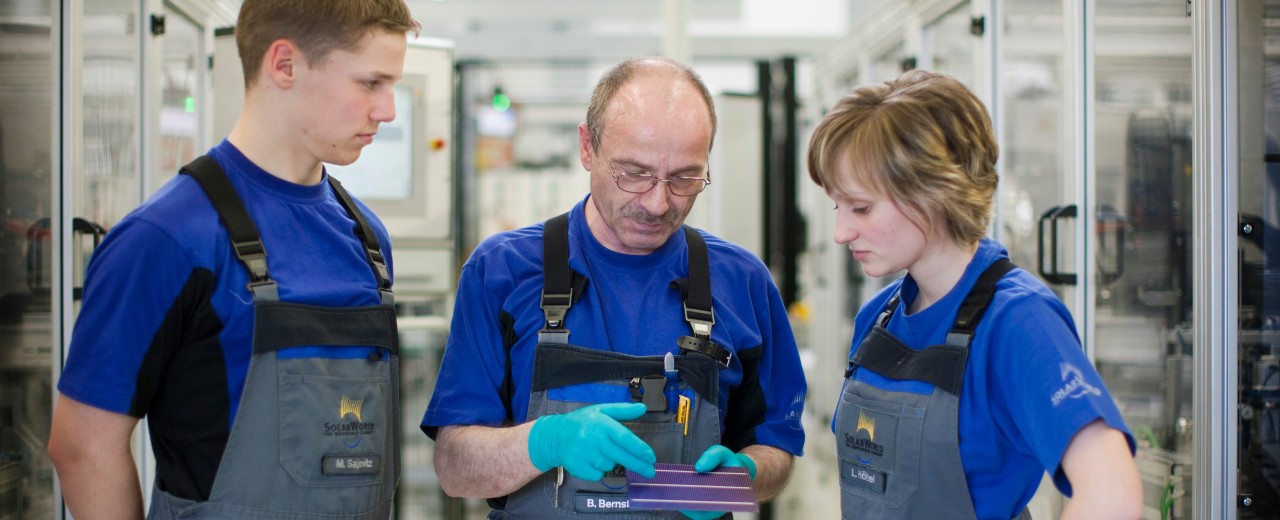Tip: Activate javascript to be able to use all functions of our website
KfW-ifo Skilled Labour Barometer
Construction and interpretation of the KfW-ifo Skilled Labour Barometer.
The KfW-ifo Skilled Labour Barometer is based on evaluations of the ifo economic surveys which are used to calculate, among other things, the well-known ifo Business Climate Index. The Skilled Labour Barometer reports on the share of enterprises in Germany that report adverse impacts on business operations from a shortage of skilled workers. Each quarter about 9,000 enterprises from trade and industry, construction, wholesale, retail and services (without the banking and insurance sectors or the state) are polled on their business situation, among them some 7,500 SMEs. In addition to providing an overall indicator for the skills shortage in the German economy and indicators for various sectors and regions, the barometer also enables a company size-specific data evaluation separated into SME and large enterprises. Enterprises are generally classed as small to medium-sized if they employ a workforce of not more than 500 and record an annual turnover not exceeding EUR 50 million. For a more accurate analysis, however, these quantitative distinctions have to be drawn more narrowly for retail trade (maximum annual turnover of EUR 12.5 million), the building and the construction industry (up to 200 employees) and services (maximum annual turnover of EUR 25 million). All enterprises that exceed at least one of these thresholds are classed as large-scale enterprises. The main construction sector was first surveyed on the impacts of skills shortages on business activity in the third quarter of 2018. That was the reason the sector was not integrated into the overall indicator before that quarter. The value of the overall indicator varies only marginally as a result.



